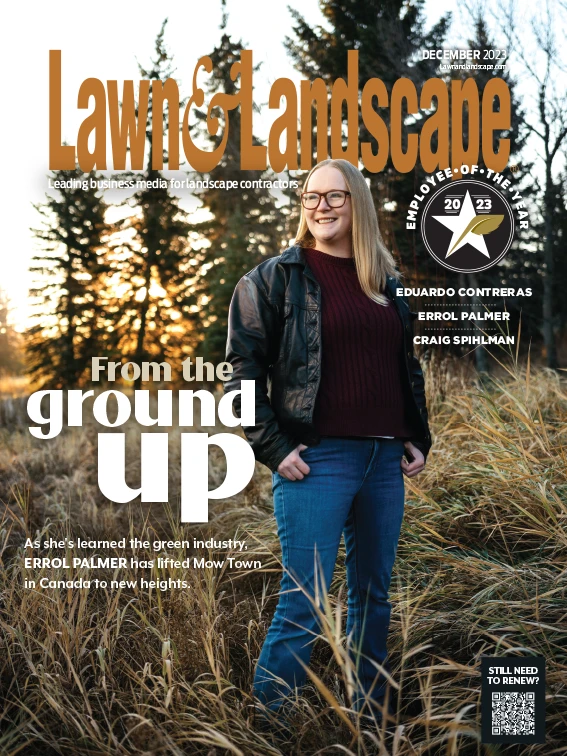
When I first started in the landscape industry, I worked at Green Valley Landscape in San Jose, California, a company owned by Joe Marsh, a retired geologist with Standard Oil Company (Chevron Corporation) and a passionate gardener. He believed in hiring college graduates with bachelor's degrees in horticulture because he knew they understood how landscapes worked: the importance of cultivation; the characteristics of soil composition and plant health; the need to manage pests and encourage useful insects; and the role plant health played in delivering specialized care to a growing, living and integrated system.
When we became the maintenance arm of Environmental Industries (Valley Crest Construction and Environmental Care Maintenance), we put horticulturists in charge of all our jobs and recruited them into management. We hired agronomists to develop and train our work teams in best practices, hydrology graduates to grow our water management program and doctoral degrees to lead our technical teams. Technical knowledge was our competitive differentiator. Our landscapes looked better and more refined, and our reputation for excellence led to the kind of word-of-mouth that drives sales.
As our industry grew, the commercial success of professional landscaping and the stunning growth in revenue and opportunity created a need to hire more graduates from business schools than horticultural-related sciences. This attracted more capital and more innovation, but lost in the speed of progress was the performance value that came from horticulture. For some landscape organizations, technical expertise took a backseat to bigger pictures, even as the field of horticulture and its emerging biotechnologies offered potential for competitive advantage.
In periods of change, it’s not unusual for landscape companies to miss what they previously mastered. Landscapes still look good and win awards, but the quality of plant health has slipped, as have careers and programs dedicated to plant health. Mature trees decline with age when they don’t have to and many companies lack the in-house technical expertise that makes landscapes more resilient. The fragmented nature of our industry, with its multiple players, can sometimes be at cross-purposes, with landscape maintenance companies relying on suppliers for product knowledge without understanding what the product does or why.
There is reason to believe that the industry is coming back around with a renewed focus on technical competence, but we still have a long way to go. Too often when I ask landscape executives if they are using plant growth regulators, they respond, "Yes, but they don’t really work that well." Like all things that add value, PGRs take time to work but they only work if they’re understood.
I believe that unique horticultural knowledge will always be the strongest way to give landscape professionals multiple benefits. But gaining access to technical information can be a challenge if you don’t have an in-house resource. Fortunately, there are plant and soil health experts that can train your staff on subjects ranging from diagnostics to new products and approaches to regional pest and disease updates.
Academics studying plant health research have long suggested that advances in plant and soil science will have promising results. Today, we’re seeing sustainable benefits in pest and disease control, plant nutrition and reduced mortality, soil health management, carbon sequestration, reduced green waste and labor savings — and in our ability to gain a better understanding of how plants, microbes and ecosystem elements work together to deliver a wide range of positive impacts.
If you don’t have a plant health care program and are searching for new ways to generate revenue, consider launching a plant health care program. The return on investment can be significant. You’ll not only strengthen your business model but advance your customers’ commitment to green measures. This will not only benefit the environment but enjoy positive returns over the long term.

Explore the December 2023 Issue
Check out more from this issue and find your next story to read.
Latest from Lawn & Landscape
- Ceramica acquires Fundraising Brick
- Senske Family of Companies acquires Huron Pest Control
- Sunseeker unveils new X7 Series Robotic Mowers
- Bobcat Company debuts MT120 mini track loader
- Senske Family of Companies opens new corporate office
- Autonomowus Lawn Company adds robotic mowers to Genan tire recycling plant
- Visterra Landscape Group acquires Cleveland-based H&M Landscaping
- SiteOne names Carrothers VP of agronomic business development







